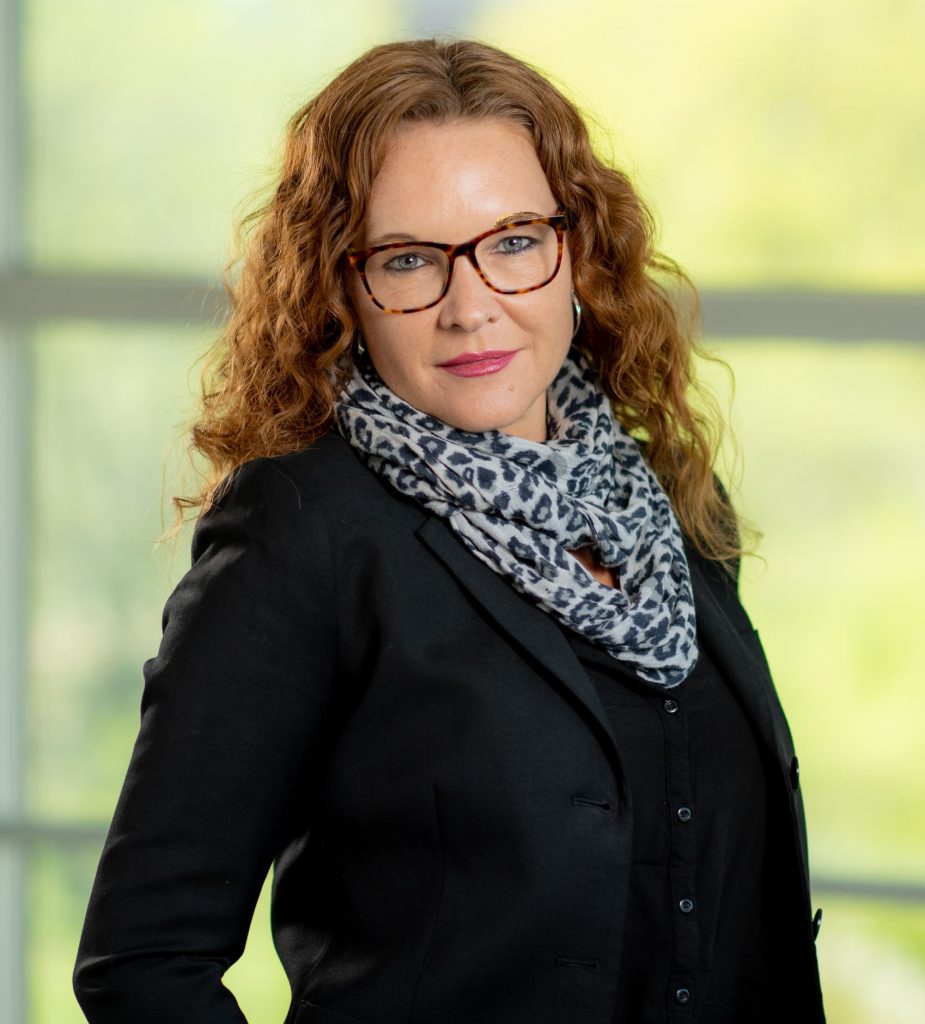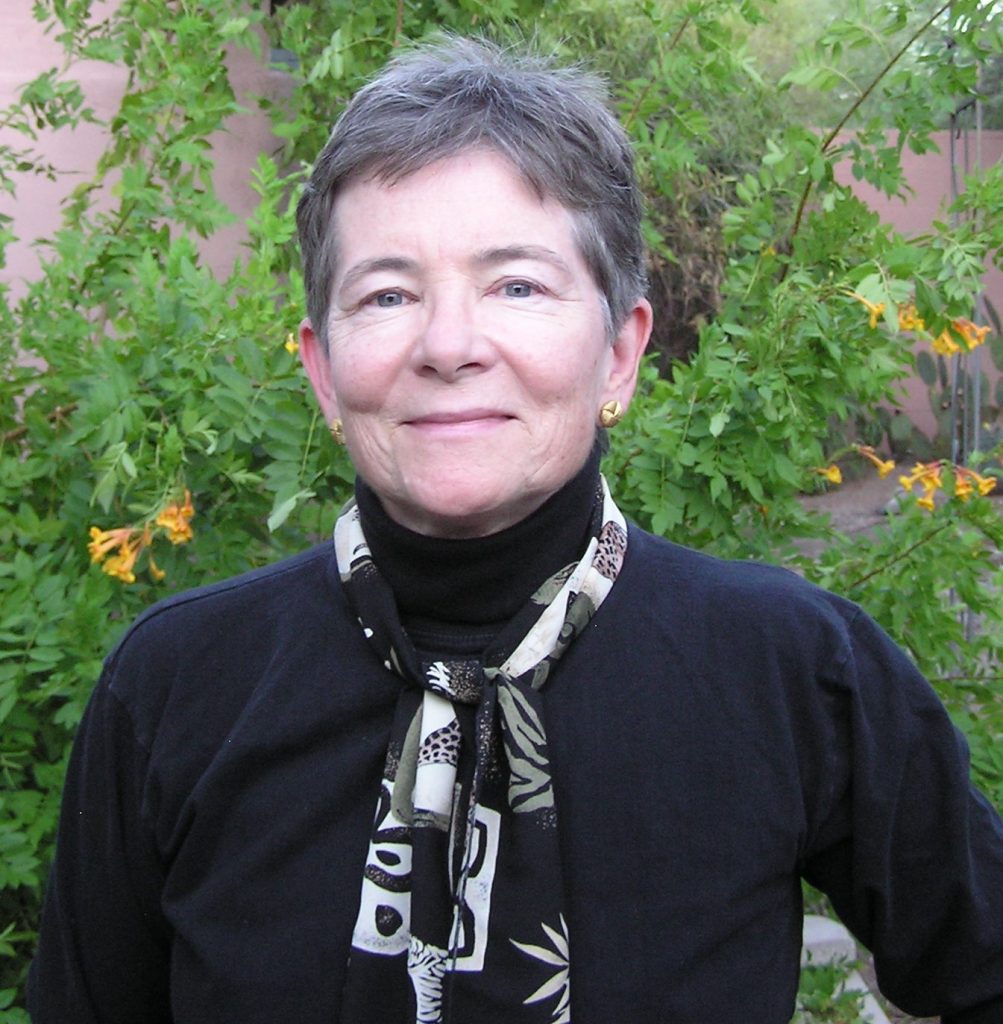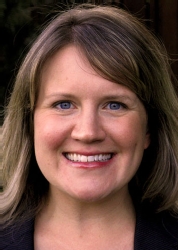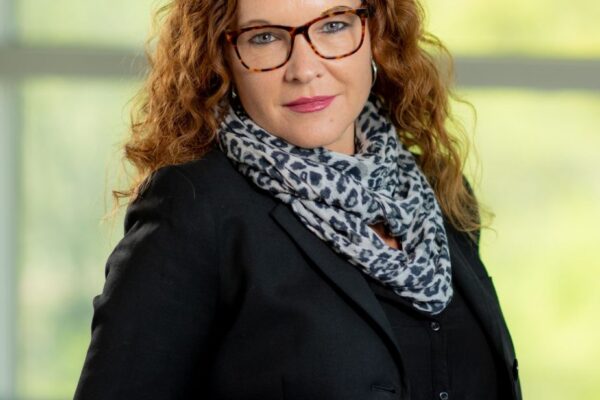As all of us at SMART Recovery celebrate Women’s History Month, it’s a wonderful opportunity to highlight the amazing leadership and accomplishments of so many talented and dedicated women in the addiction sciences, treatment, STEM, and public policy fields.
Their accomplishments are even more impressive when you consider that the playing field was not always a level one. Ivy League Universities did not admit female students until 1969. Yale didn’t grant a woman a B.A. Degree in Physics until 1978. That woman, Eileen Pollack, has written an eye-opening book on the subject of why women have traditionally been underrepresented in STEM called The Only Women in the Room.
But times have, and are, changing – and women’s leadership in the addiction and recovery fields is more evident and important than ever. Here are just a few of the amazing women working in these fields as scientists, therapists, and authors – all making substantial contributions to the quest to better understand and treat addiction.
MOLLY MAGILL, Ph.D.

Dr. Molly Magill is an Associate Professor at Brown University School of Public Health, the Director of Biostatistics at the Brown University Center for Alcohol and Addiction Studies, and an adjunct instructor at Boston College School of Social Work. One of Dr. Magill’s specialties has been adult one-to-one or group-delivered therapies based on motivational, cognitive-behavioral, SMART Recovery, and twelve-step approaches. She has generously shared her research findings with the SMART Recovery community. Watch Dr. Magill’s informative 2021 National Conference presentation analysis of new approaches to behavioral change therapies as they relate to addiction and recovery, and how SMART Recovery plays a big part in them here. She was also featured on a SMART Recovery podcast.
PROFESSOR JO NEALE

Jo Neale is Professor in Addictions Qualitative Research based within the National Addiction Centre and working across the National Institute for Health Research (NIHR) Maudsley Biomedical Research Centre at the Institute of Psychiatry, Psychology & Neuroscience, King’s College London. As such she has been deeply aligned with UK SMART Recovery for many years, and recently chaired a presentation of SMART Recovery-related research findings at the SMART Global Research Advisory Committee webinar. She has extensive research experience in several addiction-related areas, especially addiction as it relates to homelessness. Jo is also a Senior Qualitative Editor and Commissioning Editor for the international journal Addiction; a member of the editorial board of The International Journal of Drug Policy; and a member of the editorial board of Health Sociology Review. Her spirit of scientific inquiry and altruism is a true inspiration to everyone at SMART.
PATRICIA E. PENN, Ph.D.

Dr. Patricia Penn has been an Albert Ellis acolyte and loyal SMART Recovery Ambassador for decades, and recently won the 2021 SMART Recovery Science Award at our National Conference in Laurel, Maryland. While most psychologists concentrate in one area of expertise, Dr. Penn has helped patients across a broad spectrum of needs related to not just substance abuse and addiction, including family psychology, group psychotherapy, adult development & aging psychology, and cognitive & behavioral psychology. Her findings have been published in 34peer reviewed scientific journals and she is a pioneer in research about co-occurring conditions (CCs) as well as optimally empathetic and effective addiction treatment options for the LGBTQ Community. Her 2014 articleSMART Recovery®: An effective group method for co-occurring conditions in community treatment published in the Drug & Alcohol Dependence Journal, was an important step in publicly affirming that SMART is “…an effective, versatile group method for co-occurring conditions in community behavioral health treatment settings. It is useful for many types of co-occurring conditions, user friendly, easily trained, feasible, client-centered and cost-effective.”
BILLINA SHAW, M.D.

Dr. Billina Shaw is a licensed Psychiatrist and the Medical Director of Mental Health Services within the Behavioral Health Division for the Prince George’s County Health Department. A true polymath, she holds a degree in Psychology from Yale, an MD from the University of Pittsburgh School of Medicine, and a Master of Public Health from Johns Hopkins. Dr. Shaw has been a leading voice in the conversation about racial and ethnic disparities in substance use disorder treatment and care, and recently presented her findings at the 2021 SMART Recovery National Conference. Her findings were especially relevant at a public policy level given the alarming disparity in overdose fatalities between whites and people of color reported in recent years. Dr. Shaw’s work reminds us to view the causes and cures of addiction through as many lenses as possible, including and especially that of systemic racial inequality and stigmatizing language.
MAIA SZALAVITZ

The term “prolific” doesn’t even begin to describe Maia Szalavitz’s voluminous output as an author and public intellectual, especially on the topic of addiction. She has won awards from the National Institute on Drug Abuse, the Drug Policy Alliance, the American Psychological Association, and the American College of Neuropsychopharmacology for her 30 years of groundbreaking writing on addiction, neuroscience, and drug policy. She recently published a powerful op-ed article in the New York Times about efforts in Oregon to decriminalize personal-use drug possession. Maia outspokenly advocates for the increasingly accepted belief that for America to solve its overdose crisis, it must start treating addiction as a medical disorder and stop treating it as a crime. Maia recently presented her latest thoughts on addiction treatment at the 2021 SMART Recovery National Conference in a lively interview with Dr. Tom Horvath. She also just became a contributing opinion writer for the New York Times.
NORA VOLKOW, M.D.

Dr. Nora Volkow has had a significant impact on the addiction science community. She was an early pioneer in the use of brain imaging technologies to study addiction at the neurological level. Her findings, along with those of others, have helped to dispel the myth of addiction as a “moral weakness,” showing instead that addiction is a complex condition at the physiological level. It’s hard to overstate the impact of these efforts. As the current Director of the National Institute on Drug Abuse, she administers substantial funds dedicated to vital addiction science research around the world. More recently, Dr. Volkow published a provocative article in Health Affairs Magazine entitled: “Making Addiction Treatment More Realistic and Pragmatic: The Perfect Should Not Be the Enemy of the Good.” We interviewed SMART Recovery founder and former President Tom Horvath about his reaction to the article, which can be seen on SMART Recovery’s YouTube channel. We are also proud to announce that Dr. Volkow has graciously agreed to participate in SMART Recovery’s upcoming Speakers Series Webinar on April 6, 2022.
KATIE WITKIEWITZ Ph.D.

Dr. Katie Witkiewitz is a Regents’ Professor of Psychology at the University of New Mexico. The underlying theme of her research is the development of empirically based models of addiction, with an emphasis on harm reduction, recovery, and applying advanced quantitative research methods to better understand changes in alcohol and drug use behavior over time. Dr. Witkiewitz is also a licensed clinical psychologist and has worked extensively on the development and evaluation of mindfulness-based relapse prevention for addiction. Her research has been supported by grants from the National Institutes of Health, totaling nearly $40 million in research funding since 2004. To date, she has authored 5 books, written over 230 peer-reviewed publications and book chapters, and she has given over 75 presentations and invited talks. She is currently Editor of Psychology of Addictive Behaviors, Field Editor for Alcoholism: Clinical and Experimental Research, and serves on the editorial boards of Substance Use and Misuse, Alcohol and Alcoholism, and Clinical Psychological Science.
SARAH ZEMORE, Ph.D.

Dr. Sarah Zemore is a Senior Scientist at the Alcohol Research Group (ARG), Associate Director of ARG’s NIAAA-funded National Alcohol Research Center, and another amazingly eloquent, humble, and committed SMART Recovery Ambassador who won our 2019 National Conference Science Award for her research advancements in the study of the social aspects of addiction treatment and recovery. Her particular focus of study on the efficacy of mutual support groups, led to a grant from NIAAA for her to study how well SMART Recovery and several other secular programs compared to 12-Steps. Like Dr. Penn’s research finding, her results reaffirmed what many people already learned through actual experience: SMART Recovery can be an effective support system for people seeking freedom from their addictions.
PLEASE NOTE BEFORE YOU COMMENT:
SMART Recovery welcomes comments on our blog posts—we enjoy hearing from you! In the interest of maintaining a respectful and safe community atmosphere, we ask that you adhere to the following guidelines when making or responding to others’ comments, regardless of your point of view. Thank you.
- Be kind in tone and intent.
- Be respectful in how you respond to opinions that are different than your own.
- Be brief and limit your comment to a maximum of 500 words.
- Be careful not to mention specific drug names.
- Be succinct in your descriptions, graphic details are not necessary.
- Be focused on the content of the blog post itself.
If you are interested in addiction recovery support, we encourage you to visit the SMART Recovery website.
IMPORTANT NOTE:
If you or someone you love is in great distress and considering self-harm, please call 911 for immediate help, or reach out to The National Suicide Prevention Hotline @800-273-8255, https://suicidepreventionlifeline.org/
We look forward to you joining the conversation!
*SMART Recovery reserves the right to not publish comments we consider outside our guidelines.*
Subscribe To Our Blog
Join our mailing list to receive the latest news and updates from the SMART Recovery Blog.
You have Successfully Subscribed!
